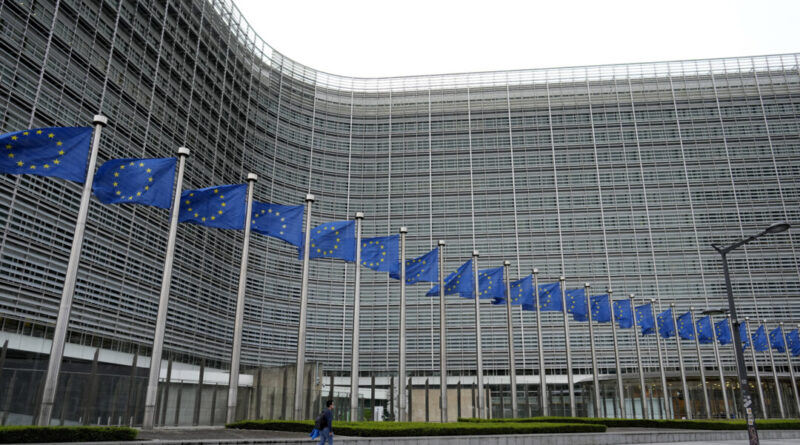EU to Issue Antitrust Ruling on Apple, Meta Within Weeks
Brussels’s antitrust chief Teresa Ribera told the European Parliament that the ruling, previously expected in March, was on its way.
Ribera, who had previously told Reuters that she would issue her decision on Apple and Meta in March, said it would now take a bit longer.
“If we do not see willingness to cooperate, we will not shy away from imposing the fines identified by the law.”
Meta reiterated its criticism of the imminent decisions.
“This is not just about fines—it’s about the commission seeking to handicap successful American businesses simply because they’re American, while letting Chinese and European rivals off the hook,” a Meta spokesperson said.
Apple has yet to comment on Ribera’s latest remarks.
“The first set of measures concerns nine iOS connectivity features, predominantly used for connected devices such as smartwatches, headphones or TVs,” the commission said.
The second set of measures is aimed at improving transparency and effectiveness related to the process Apple has established for developers requesting interoperability with iPhone and iPad features.
This includes setting up a more predictable timeline for reviewing such developer requests, better access to documentation regarding features not yet available to third parties, and timely communication.
Last year, the commission told Meta that its subscription model, which requires European Facebook and Instagram users to either provide personal data to access the platform or pay to retain privacy, violates the DMA, based on preliminary findings.
They said that the “pay or consent” ad model fails to comply with the act and suggested Meta should come up with a different option for users who don’t wish to subscribe.
The French Competition Authority (FCA) said that the aim of Apple’s App Tracking Transparency (ATT)—requiring iPhone and iPad apps to ask users for permission before tracking them—was not itself the issue.
However, it ruled that the “way in which it was implemented was neither necessary nor proportionate to Apple’s stated objective of protecting personal data.”
Reuters and Naveen Athrappully contributed to this report.





